Runtime Verification is of special importance in systems that have a high degree of autonomy. This includes applications such as self-driving cars, vehicles equipped with automated driver assistance systems, unmanned aerial vehicles, robotic vehicles used in hostile and uncertain environments (e.g. underwater, space, etc.), general-purpose service robots, human-in-the-loop medical devices, etc. This year, RV organizes a panel on the role of RV for autonomy, bringing together distinguished practitioners and researchers as panelists.
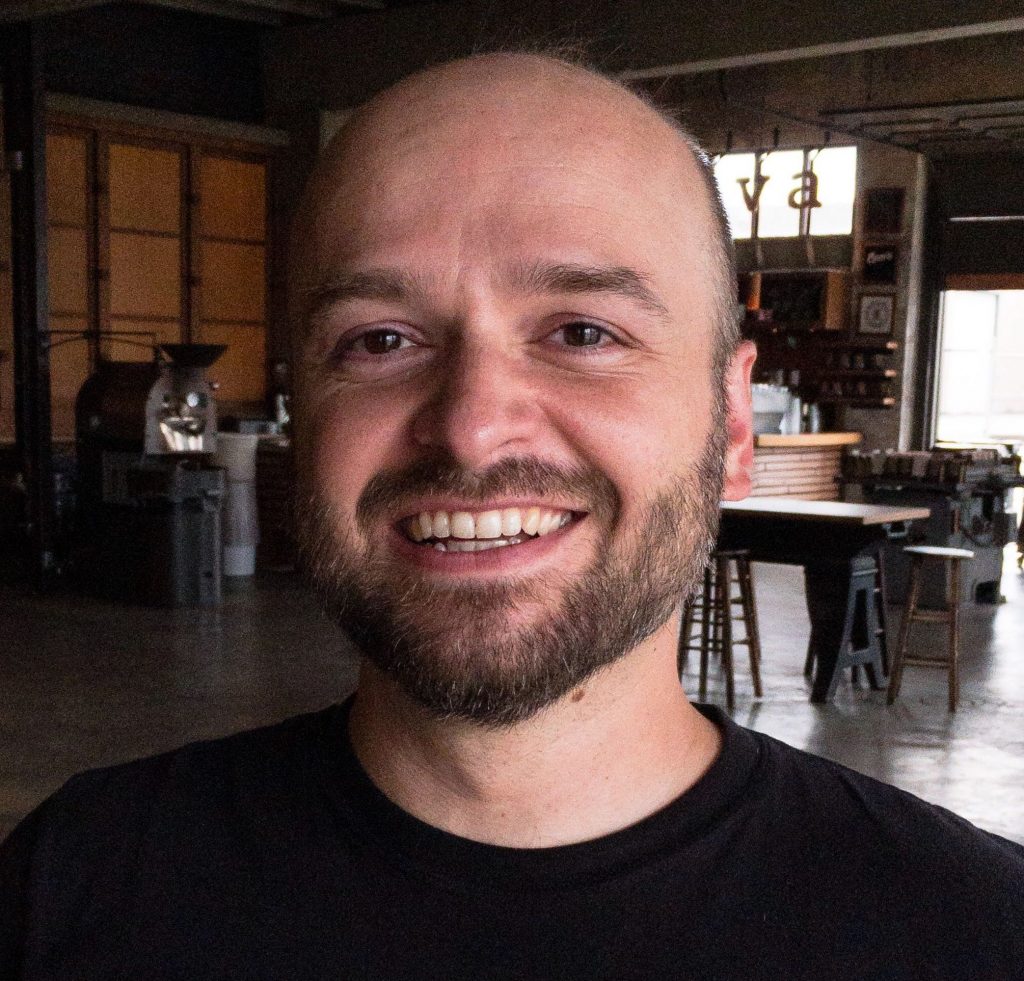
Nathan Aschbacher
Auxon
Nathan’s introduction to programming was through generating programs for CNC machines where overlooked edge cases resulted in mangled heaps of metal, expensive broken tools, and significant production delays. The lasting impression of catastrophic failure has driven Nathan’s decades long fascination with mission critical software & systems. Always chasing the next challenge, Nathan has been fortunate to design & deploy global distributed data platforms for Fortune 500 enterprises, critical infrastructure for global payments processing, and autonomous vehicle platform middleware. Now, through his co-founding of Auxon Corporation, Nathan is working to bring powerful engineering automation tools to developers of complex, highly-connected, highly-automated critical systems. Nathan was recently published as a contributing author in O’Reilly’s “Chaos Engineering: System Resiliency in Practice”.
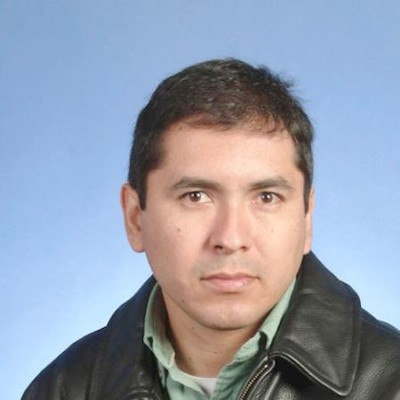
Mauricio Castillo-Effen
Lockheed Martin
Mauricio Castillo-Effen is a Senior Researcher with the Intelligent System Works (ISW), part of Lockheed Martin’s Advanced Technology Labs (LM ATL). He leads the Trustworthy Autonomy and AI (TAA) team, focused on developing tools and methodology for verification, validation, test, and certification of autonomous and AI-enabled systems. He is the Principal Investigator of multiple R&D activities funded by the US government, and commercial and Lockheed Martin’s Business Areas centered on high assurance autonomy and AI. Previously, he was part of the Robotics, Aviation, and V&V organizations at GE Global Research. He has been an adjunct faculty member and a visiting researcher/lecturer at multiple academic institutions in the US and abroad. Mauricio has published work in the form of patents and scholarly publications. He holds a Ph.D. from the University of South Florida, an M.Sc. from the University of San Simon/TU Delft, and a B.Sc. from the University of Applied Sciences of Hannover, Germany, in Electrical Engineering.
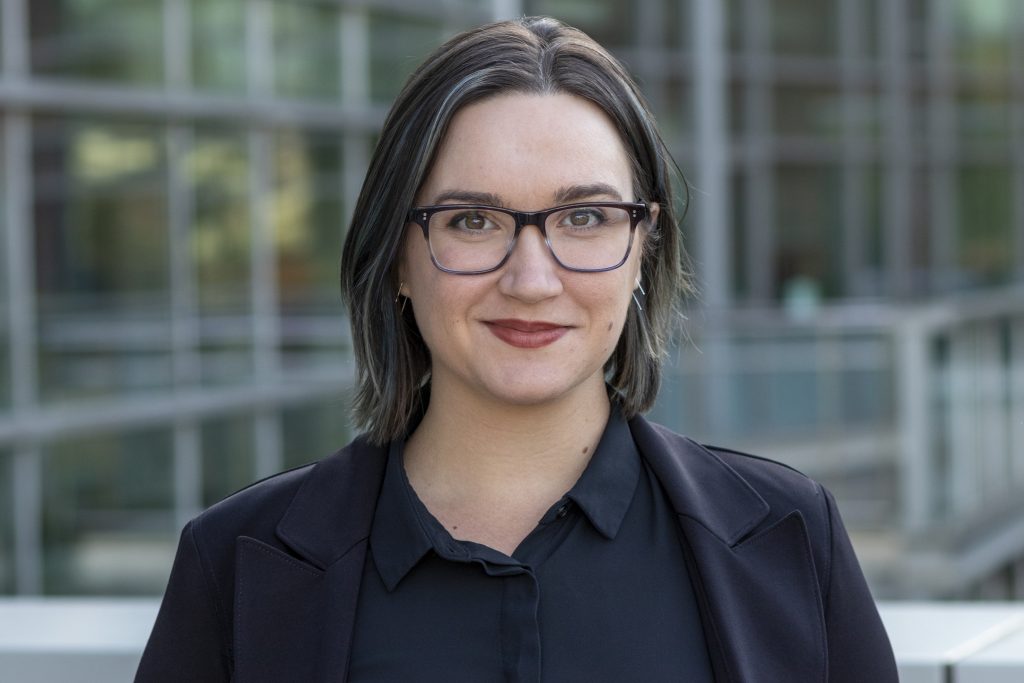
Katherine Driggs-Campbell
University of Illinois at Urbana-Champaign
Katie Driggs-Campbell is currently an assistant professor at the University of Illinois at Urbana-Champaign in the Department of Electrical and Computer Engineering. Prior to that, she was a Postdoctoral Research Scholar at the Stanford Intelligent Systems Laboratory in the Aeronautics and Astronautics Department. She received a B.S.E. with honors from Arizona State University in 2012 and an M.S. from UC Berkeley in 2015. She earned her PhD in 2017 in Electrical Engineering and Computer Sciences from the University of California, Berkeley. Her lab works on human-centered autonomy, focusing on the integration of autonomy into human-dominated fields, merging ideas from robotics, learning, human factors, and control.
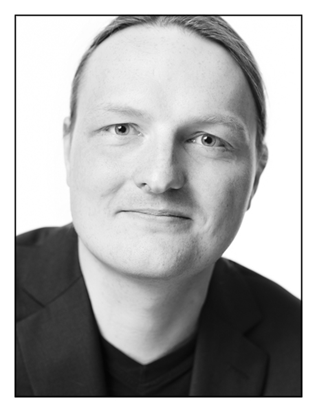
Jens Oehlerking
Robert Bosch GmbH.
Jens Oehlerking obtained his PhD in hybrid systems verification from the University of Oldenburg in 2012 and has since been working as a research scientist at Bosch Research. During this time, his field of work spanned across formal verification, automated testing, physical modeling, and control for applications in the automotive domain. Recently, he has been working on specification formalisms, monitors, safe planning, and simulation-based testing techniques for highly automated driving.
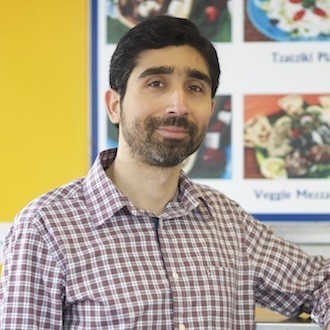
Aditya Zutshi
Galois
Aditya Zutshi is a Research Engineer at Galois. His research interests include a diverse set of topics under the umbrella of autonomous cyber physical systems, ranging from design, synthesis, verification and testing of high-assurance systems. Dr.Zutshi received his PhD from University of Colorado, Boulder in 2016. His thesis focused on search based reachability methods for cyber physical systems. During his PhD, he received two best paper awards for his work on automatic falsification for embedded control systems (EMSOFT 2014 and HSCC 2015).
